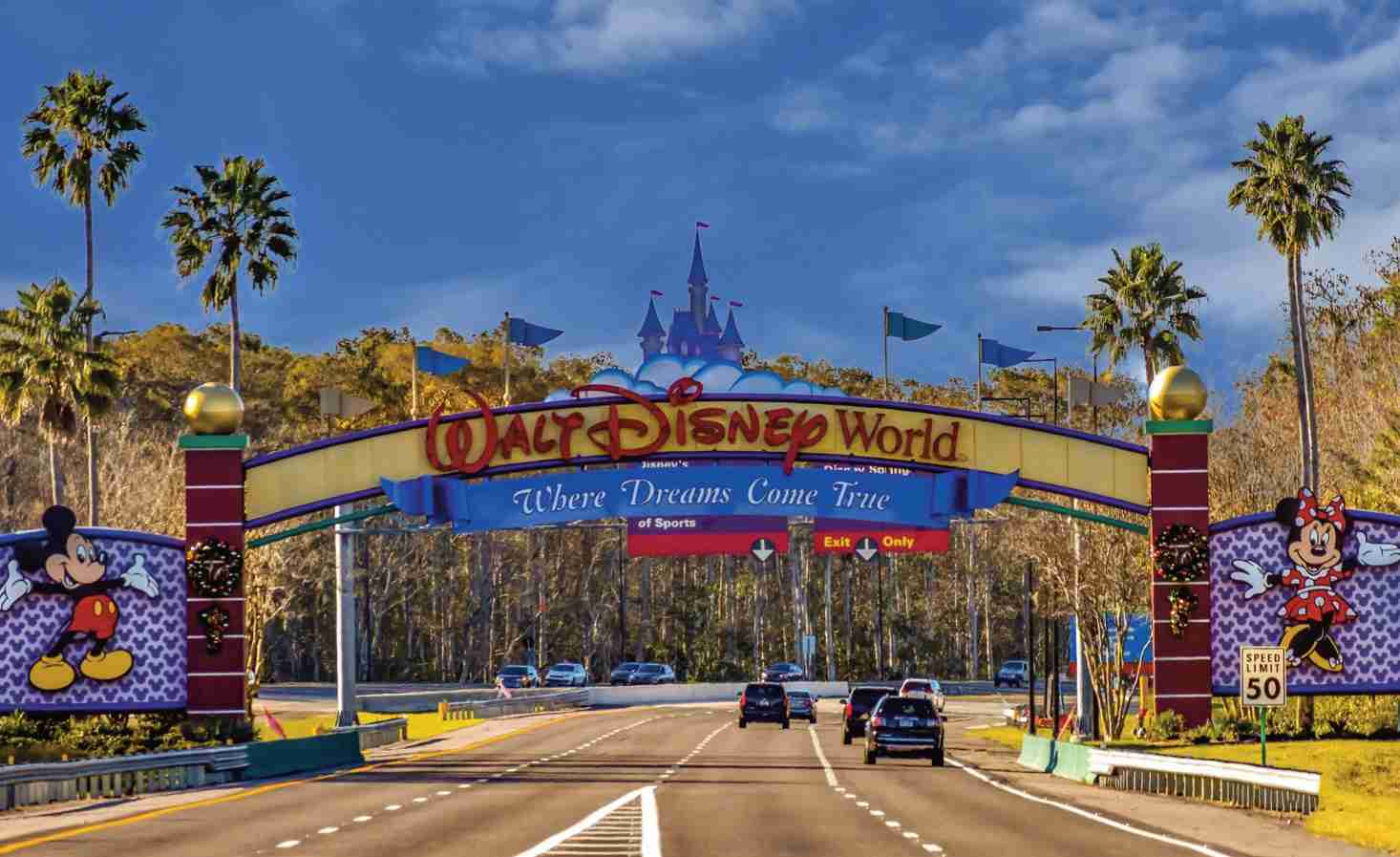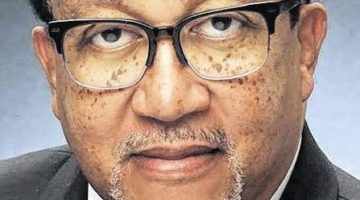Forbidden establishments included tattoo parlors, liquor stores, adult entertainment, oil refineries and trailer parks. STOCK PHOTO
ORLANDO, Fla. (AP) – Before allies of Gov. Ron DeSantis took over, Disney World’s governing district, which at the time was controlled by Disney supporters, reached an agreement in February with the company to prohibit a long list of businesses from ever being operated on its property.
Forbidden establishments included tattoo parlors, liquor stores, adult entertainment, oil refineries and trailer parks. But they didn’t include prisons, which the Florida governor recently mused could be built there, when talking in a trolling tone about his yearlong feud with the entertainment giant.
"What should we do with this land? And so, you know, it’s like, OK, kids – I mean, people have said, you know, maybe have another – maybe create a state park. Maybe try to do more amusement parks. Someone even said, like, maybe you need another state prison," DeSantis said last month. "Who knows? I mean, I just think that the possibilities are endless."
The agreement, which the DeSantis allies say stripped them of power by giving Disney control of design and construction of the theme park resort, is at the center of dueling lawsuits between the DeSantis-appointed board and Disney, as well as a new law seeking to rescind the deal that the Republican-controlled Florida Legislature passed last week.
Among the wide-ranging businesses prohibited by the agreement were establishments that sell X-rated items, gun stores or ranges, bowling alleys, hotels, lumberyards, massage parlors, head shops, nursing homes, marijuana dispensaries, doctors’ offices and anything taller than four stories.
The board of the governing district, made up of DeSantis allies since March, met Wednesday to approve a new district administrator, hire the previous administrator as a special adviser and authorize a new method for enforcing codes or rules that could be used to fine Disney for violations.
The new enforcement measure would let code officers issue citations for as much as $500 a day and appoint a magistrate to hear contested cases. It also would permit the placement of liens on property where violations exist and allow foreclosures on properties that have with unpaid liens.
The new administrator, Glenton Gilzean, previously served as president and CEO of the Central Florida Urban League and will get a $400,000 salary in his new job. He said he was enthusiastic about efforts by the district to support affordable housing for Disney workers, many of whom struggle to make ends meet, and proposed a new study on the impact of the millions of tourists who visit Disney on the resources of surrounding communities.
"My job is to make this district, and in turn, this entire region, a much better place," Gilzean said.
Disney and DeSantis have been engaged in a tug-of-war for more than a year that has engulfed the GOP governor in criticism as he prepares to launch an expected presidential bid in the coming weeks.
The fight began last year after Disney, beset by significant pressure both internally and externally, publicly opposed a state law that bans classroom lessons on sexual orientation and gender identity in early grades, a policy critics call "Don’t Say Gay."
As punishment, DeSantis took over Disney World’s self-governing district through legislation passed by Florida lawmakers and appointed a new board of supervisors that would oversee municipal services for the sprawling theme parks and hotels. But before the new board came in, the company made agreements with members of the previous oversight board that stripped the new supervisors of their authority when it comes to design and construction.
The creation of Disney’s self-governing district by the Florida Legislature was instrumental in the company’s decision in the 1960s to build near Orlando. The company had told the state at the time that it planned to build a futuristic city that would include a transit system and urban planning innovations, so the company needed autonomy in building and deciding how to use the land. The futuristic city never materialized and instead morphed into a second theme park that opened in 1982.













No Comment